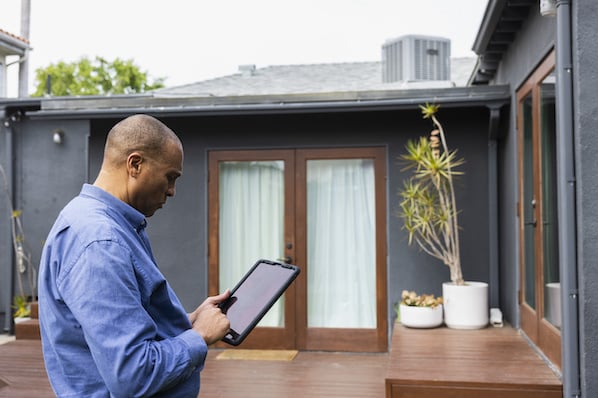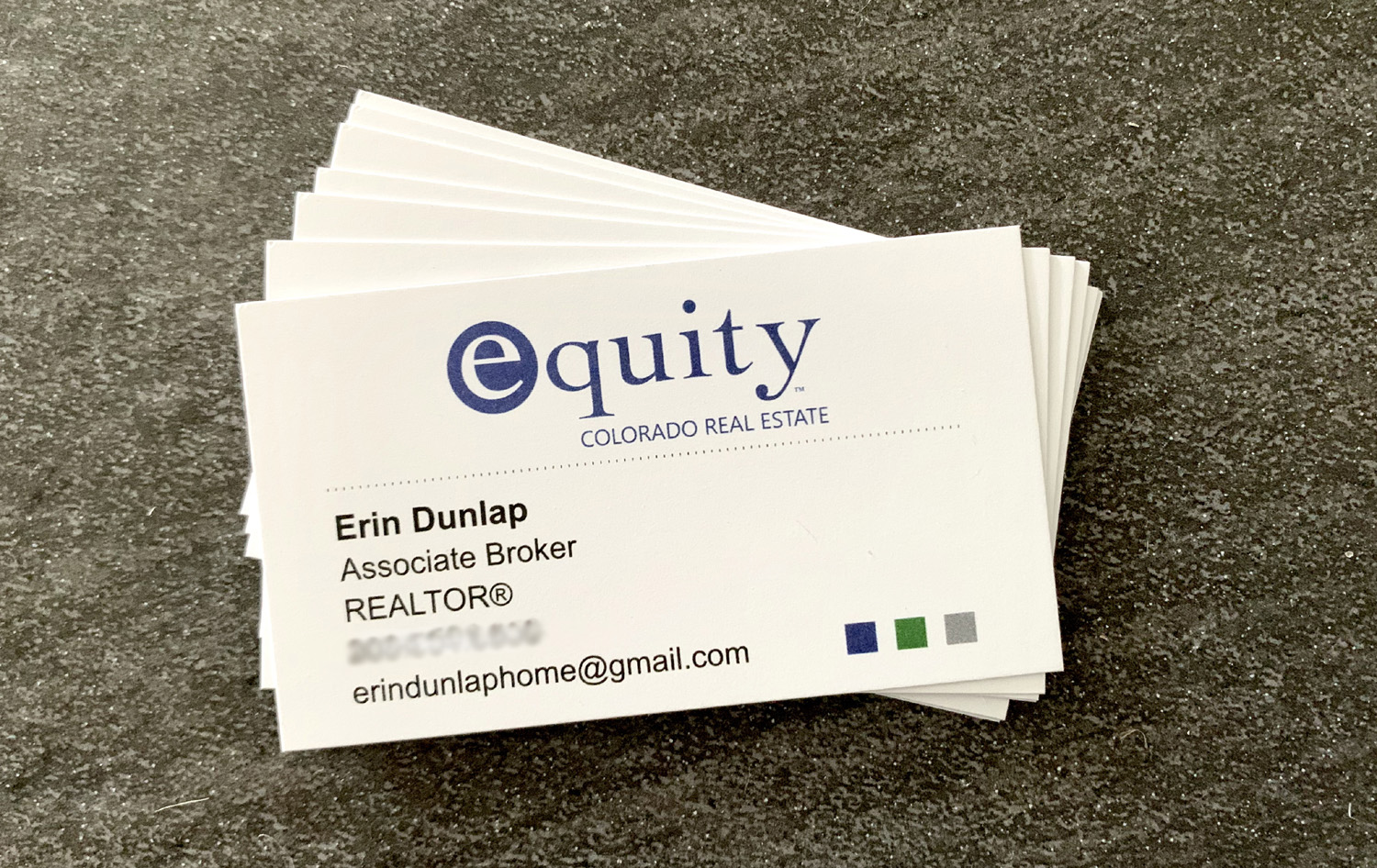
There are many ways to get started if you have always dreamed of becoming a real estate agent. First, you need to meet Florida's requirements for licensing. Once you're licensed, you can start working in the field, assisting buyers and sellers with their real estate transactions.
It can take several months to obtain a license. However, there are some things you can do to speed up your application and get a license as quickly as possible.
1. Register for the pre-license course as soon you can
Pre-licensing education is required in order to become licensed as an agent in Florida. It takes a minimum of 63 hours. The course will give you the knowledge to pass your exam and become an actual agent. You can find a list of approved real estate schools online.

2. Take into account your schedule and lifestyle when deciding how long it will take to finish the course.
The pre-licensing class is a 63-hour course that will help you get your Florida real estate license. It will give you all you need to know about this industry, including legal processes and ethics. It covers topics such as appraiser's fees and insurance policies.
3. Study hard for the real estate exam
Florida requires applicants to pass a standardized examination before they can apply. The test can be taken in a local office, or at your home. After passing, you will need fingerprints for background check.
4. To help you navigate the industry, join a brokerage that has mentors
To become a successful real estate agent, you need to be ready to put in a lot of time and effort. Your broker should be willing to invest in your training and mentorship, and they should support you every step of the way.

5. Develop a strong network in your local community
The real estate business revolves around connecting with people. Therefore it is crucial to create a strong network. Joining your local Florida Realtors Association is a great way to get involved in the industry and attending events are two of the best ways.
6. Start your brokerage
To get your Florida realty license, the first thing you should do is choose a brokerage that can help you gain experience. This is especially crucial if your goal is to get your Florida real estate license.
7. Register your license with the sponsoring broker
Once you have passed the exam you need to find an agent sponsoring you so that you can activate your license. This is important for all new agents, as it will allow you to begin assisting real estate clients and earning commission.
It is necessary to locate a sponsoring broker who will sign your license, and then affiliate it with them. Your license will be submitted to the Florida Real Estate Commission by your sponsoring broker.
FAQ
Can I buy my house without a down payment
Yes! There are programs available that allow people who don't have large amounts of cash to purchase a home. These programs include government-backed loans (FHA), VA loans, USDA loans, and conventional mortgages. More information is available on our website.
How can I determine if my home is worth it?
You may have an asking price too low because your home was not priced correctly. Your asking price should be well below the market value to ensure that there is enough interest in your property. Our free Home Value Report will provide you with information about current market conditions.
What is the cost of replacing windows?
Replacing windows costs between $1,500-$3,000 per window. The total cost of replacing all your windows is dependent on the type, size, and brand of windows that you choose.
Statistics
- Based on your credit scores and other financial details, your lender offers you a 3.5% interest rate on loan. (investopedia.com)
- The FHA sets its desirable debt-to-income ratio at 43%. (fortunebuilders.com)
- This means that all of your housing-related expenses each month do not exceed 43% of your monthly income. (fortunebuilders.com)
- Over the past year, mortgage rates have hovered between 3.9 and 4.5 percent—a less significant increase. (fortunebuilders.com)
- 10 years ago, homeownership was nearly 70%. (fortunebuilders.com)
External Links
How To
How to Manage a Rental Property
You can rent out your home to make extra cash, but you need to be careful. We'll help you understand what to look for when renting out your home.
Here are some things you should know if you're thinking of renting your house.
-
What are the first things I should consider? Consider your finances before you decide whether to rent out your house. If you are in debt, such as mortgage or credit card payments, it may be difficult to pay another person to live in your home while on vacation. It is also important to review your budget. If you don't have enough money for your monthly expenses (rental, utilities, and insurance), it may be worth looking into your options. It might not be worth the effort.
-
How much is it to rent my home? The cost of renting your home depends on many factors. These include factors such as location, size, condition, and season. Keep in mind that prices will vary depending upon where you live. So don't expect to find the same price everywhere. Rightmove has found that the average rent price for a London one-bedroom apartment is PS1,400 per mo. If you were to rent your entire house, this would mean that you would earn approximately PS2,800 per year. While this isn't bad, if only you wanted to rent out a small portion of your house, you could make much more.
-
Is it worth it. Doing something new always comes with risks, but if it brings in extra income, why wouldn't you try it? Make sure that you fully understand the terms of any contract before you sign it. Renting your home won't just mean spending more time away from your family; you'll also need to keep up with maintenance costs, pay for repairs and keep the place clean. Make sure you've thought through these issues carefully before signing up!
-
Are there benefits? It's clear that renting out your home is expensive. But, you want to look at the potential benefits. Renting out your home can be used for many reasons. You could pay off your debts, save money for the future, take a vacation, or just enjoy a break from everyday life. Whatever you choose, it's likely to be better than working every day. You could make renting a part-time job if you plan ahead.
-
How do I find tenants? After you have decided to rent your property, you will need to properly advertise it. Online listing sites such as Rightmove, Zoopla, and Zoopla are good options. Once potential tenants contact you, you'll need to arrange an interview. This will help you evaluate their suitability as well as ensure that they are financially secure enough to live in your home.
-
What can I do to make sure my home is protected? You should make sure your home is fully insured against theft, fire, and damage. In order to protect your home, you will need to either insure it through your landlord or directly with an insured. Your landlord may require that you add them to your additional insured. This will cover any damage to your home while you are not there. This does not apply if you are living overseas or if your landlord hasn't been registered with UK insurers. In this case, you'll need to register with an international insurer.
-
It's easy to feel that you don't have the time or money to look for tenants. This is especially true if you work from home. However, it is important that you advertise your property in the best way possible. You should create a professional-looking website and post ads online, including in local newspapers and magazines. It is also necessary to create a complete application form and give references. While some prefer to do all the work themselves, others hire professionals who can handle most of it. In either case, be prepared to answer any questions that may arise during interviews.
-
What happens once I find my tenant You will need to notify your tenant about any changes you make, such as changing moving dates, if you have a lease. You can negotiate details such as the deposit and length of stay. It's important to remember that while you may get paid once the tenancy is complete, you still need to pay for things like utilities, so don't forget to factor this into your budget.
-
How do you collect rent? When the time comes for you to collect the rent you need to make sure that your tenant has been paying their rent. If not, you'll need to remind them of their obligations. Any outstanding rents can be deducted from future rents, before you send them a final bill. You can call the police if you are having trouble getting hold of your tenant. They won't normally evict someone unless there's been a breach of contract, but they can issue a warrant if necessary.
-
How can I avoid problems? Renting out your house can make you a lot of money, but it's also important to stay safe. Install smoke alarms, carbon monoxide detectors, and security cameras. Check with your neighbors to make sure that you are allowed to leave your property open at night. Also ensure that you have sufficient insurance. Do not let strangers in your home, even though they may be moving in next to you.